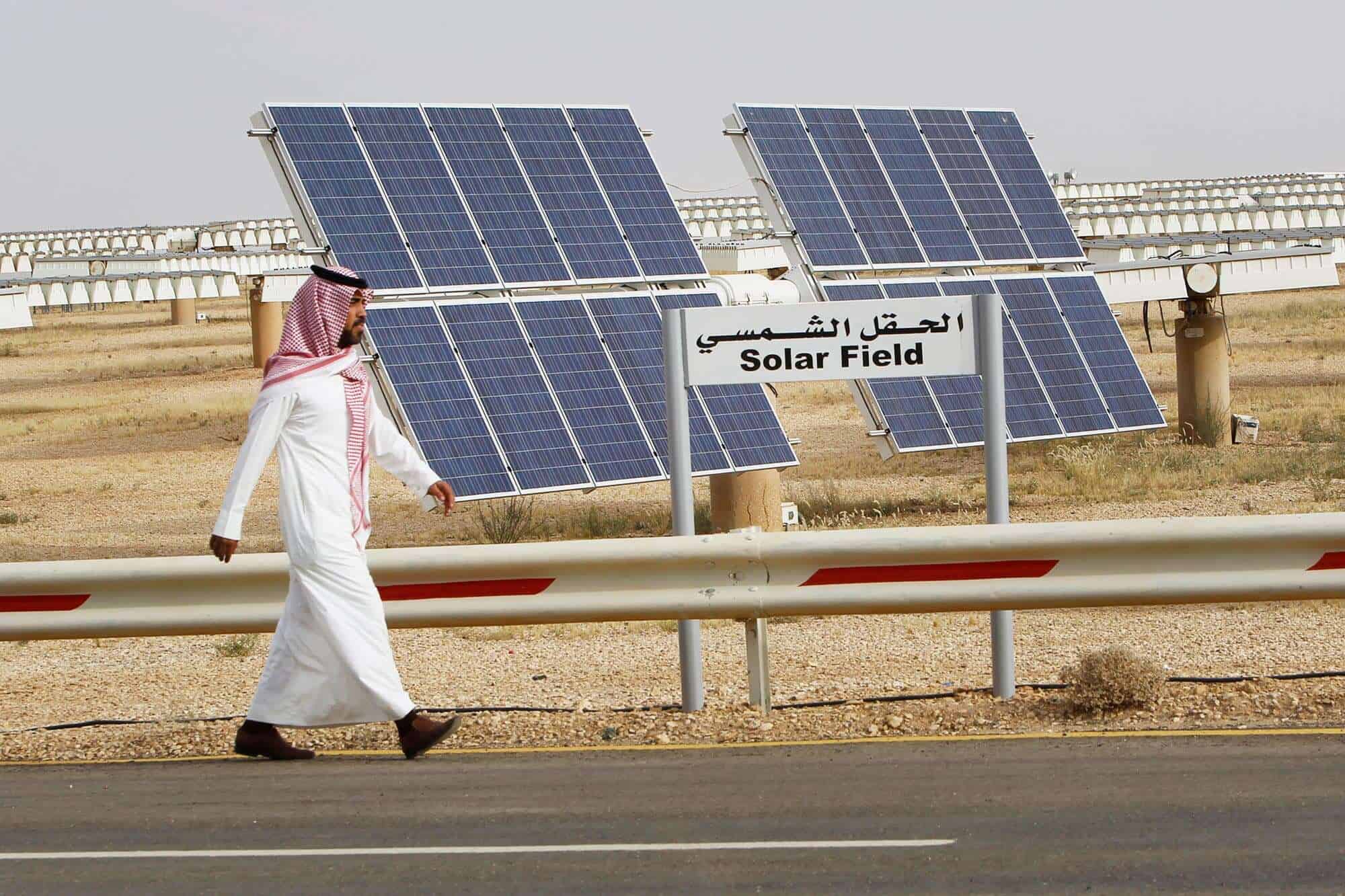Abu Dhabi-based renewable energy company Masdar on Thursday announced it will develop five solar photovoltaic (PV) projects in Iraq with a combined capacity of 1 gigawatt (GW).
The company signed an implementation agreement with Iraq’s Ministry of Electricity and the National Investment Commission to develop a 450-megawatt (MW) plant in the Dhi Qar governate; a 100 MW and a 250 MW plant, both in Ramadi; a 100 MW plant in Mosul and a 100 MW plant in Amarah.
The signing took place at a ceremony in Baghdad in the presence of Mustafa Al Kadhimi, Prime Minister of the Republic of Iraq and Suhail Al Mazroui, Minister of Energy and Infrastructure for the UAE.
Al Mazrouei said the agreement represents an important step forward in relations between the UAE and Iraq and will support Iraq’s efforts to achieve its clean energy and climate change goals.
“The renewable energy sector is seeing rapid growth as clean technologies prove their economic viability. Masdar’s has proven its pioneering status through its diverse projects portfolio and contribution to the UAE’s efforts to build a competitive, knowledge-based economy, one based on innovation and sustainability with an advanced infrastructure.
Al Ramahi said the UAE and Iraq shared a common goal to diversify the energy mix, and to take a lead on climate action.
In June, Masdar announced the signing of Heads of Agreement with the Ministry of Electricity and the National Investment Commission to develop projects in Iraq with a minimum total capacity of 2GW.
Iraq, the second-largest oil producer in the Organisation of Petroleum Exporting Countries, is looking to increase the percentage of renewables in its total power production capacity to 20 to 25 percent by the end of this decade to address supply issues and meet climate objectives, which would be equivalent to 10 to 12 GW.
The country, which this year ratified the Paris Agreement on climate change, enjoys some of the most attractive solar irradiation levels in the region.
Masdar to build five solar plants with a capacity of 1 GW in Iraq

- The solar photovoltaic projects will be developed in Dhi Qar, Ramadi, Mosul and Amarah areas.
- Iraq, the second-largest OPEC oil producer, is aiming at 20 to 25 percent of renewables in power production.






